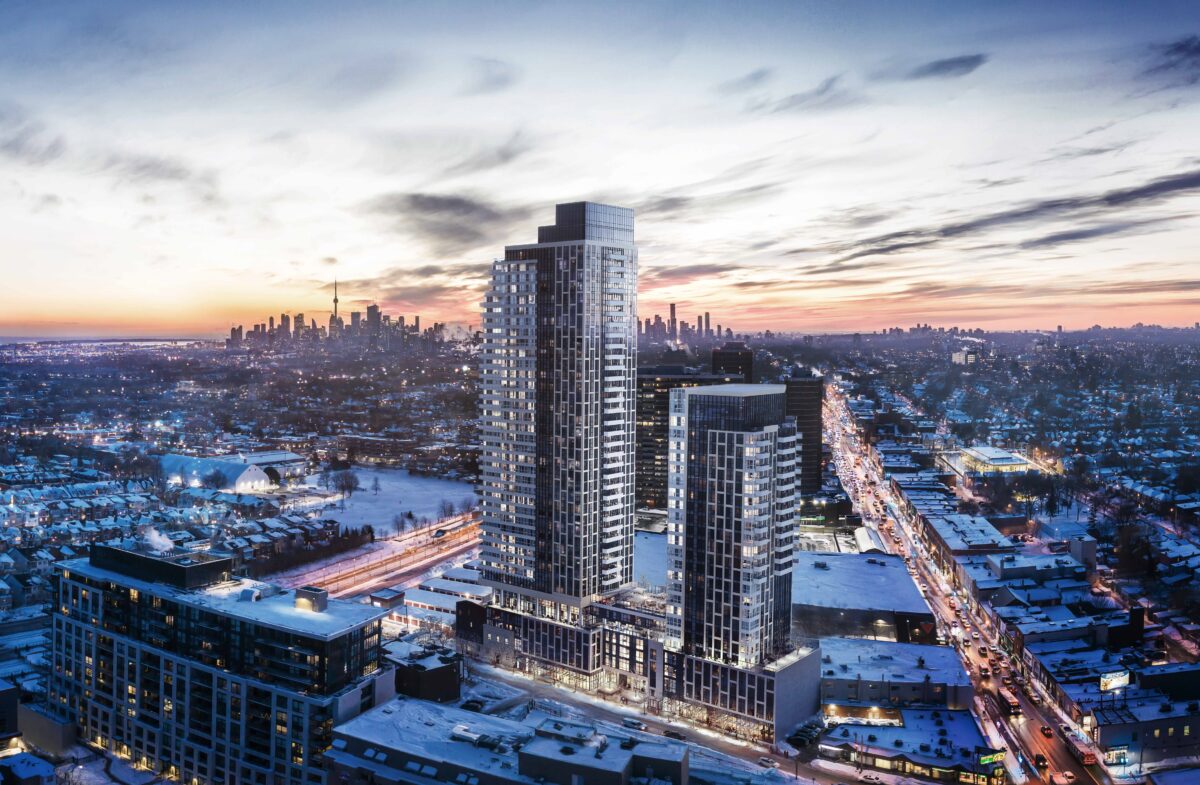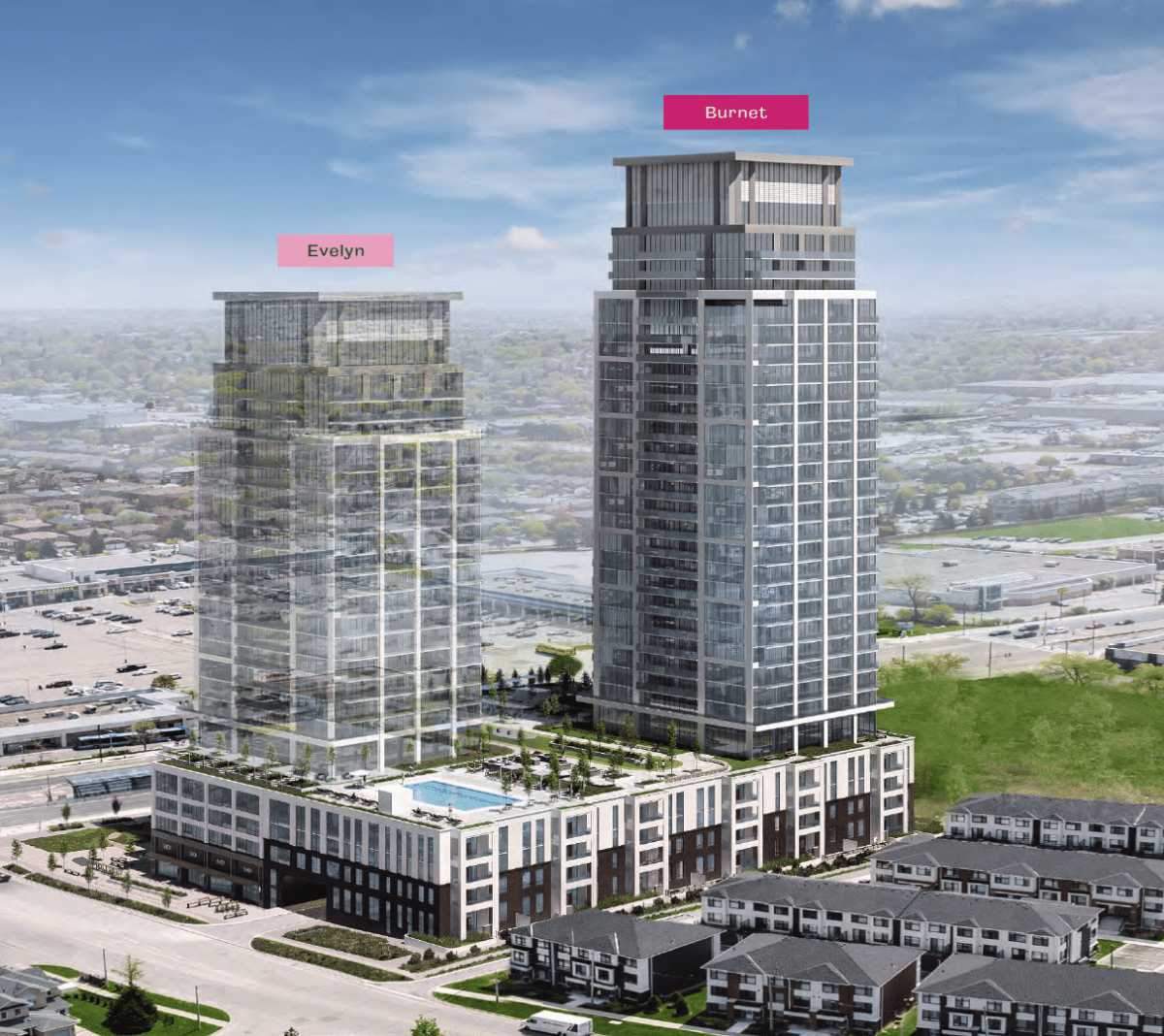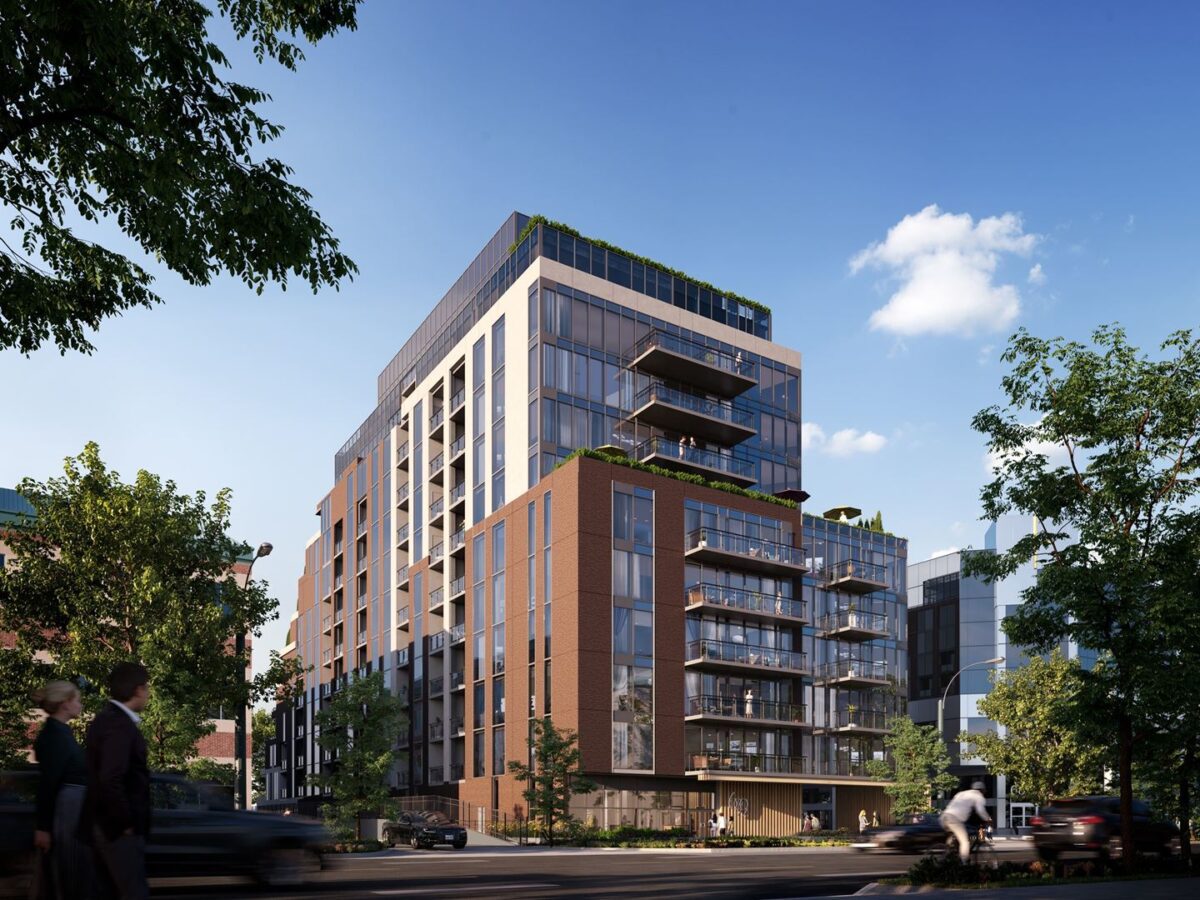
Like any real estate transaction, there are many moving parts involved in buying a pre-construction home in the Greater Toronto Area. But there are also important differences from the resale process that you should keep in mind, from project and developer research to assignments and interim occupancy, and more. To get started, read these eight must-know tips first.
1. Find the Right Realtor®
To protect your interests, hire a Realtor® who is familiar with and specifically experienced in pre-construction project sales. This distinction is important because the process for buying a pre-construction home in the GTA can be complex, so an agent with the right experience and expertise can help guide you towards the smartest investment decision. You should have someone knowledgeable on your side who can protect your interests, whether you are buying as an end user or an investor, and who can help you navigate the process.
Need help finding representation? Browse our roster of expert agents here.
2. Research the Developer/Builder
Start your search for a pre-construction home by researching the developer/builder’s reputation and project history. With a few simple searches, you can find out what the developer/builder’s industry ratings are, how many projects they’ve developed, and other relevant information. Here are a few websites that can help you understand your options and make the right purchase decision:
bildgta.ca (Real estate development resource)
tarion.com (Consumer protection org and new home warranty provider)
obd.hcraontario.ca (Ontario Builder Directory)
3. Make a Site Visit
When you’ve found a project you’re interested in, go to the site to get a better idea of what the amenities and lifestyle in your potential neighbourhood will be like. While visiting the site, you can inquire about future development plans for the area so you know how you’ll be affected if you move to that location. Remember to ask:
- If there are maps or other resources available that can give you insight into the future plans for the area
- Which features in the model property are included in the base model price, and which are upgrades
- For a list of price breakdowns for standard vs. upgraded features
Your agent can help you access these resources and provide you with plenty of information about the community.
Thinking of buying a pre-construction home in the GTA? Take a look at our latest projects here.
4. Deposit & Mortgage Requirements
Most developers/builders require a 20% down payment, whether you’re a first-time homebuyer or not. The payment is set up to be paid in instalments over a specified period of time, and this is called the “deposit structure”. A typical deposit structure may look something like this:
- $5,000 due on signing the offer
- Balance to 5% due within 30 days of the APS
- 5% due within 90 days of the APS
- 5% due within 120 days of the APS
- 5% due on occupancy
Keep in mind that most developers will also require a mortgage pre-approval letter as part of the APS signing process, which means you will need to consult in advance with a mortgage advisor or broker to qualify for mortgage financing for your desired pre-construction purchase.
Read our comprehensive mortgage guide here to understand the details of your real estate loan.
5. Unit Allocation
Units in new home developments are reserved during the construction period, and ownership is only transferred from the developer/builder to the buyer once construction is completed and the site is registered with the city. There are generally four phases where the developer/builder will allocate units:
- “Friends and Family” Phase: Most developers/builders launch their products with a highly exclusive event where the people closest to them get the opportunity to secure properties in their development before anyone else.
- “Platinum Launch” Phase: The developer/builder will reach out to specific agents to sell the remaining available units. This phase allows buyers to access the best units with the most favourable terms and the lowest prices. There are also usually buyer incentives available at this phase, so it’s important to work with a Platinum Broker so you can make the most of your opportunity.
- “VIP Launch” Phase: Real estate agents at this phase can access the development themselves, and share the project with interested clients.
- “Public Launch” Phase: At this point, members of the public can access the developer’s sales centre without needing an agent.
Prices increase and availability decreases as the project progresses, so it’s important to secure your unit as soon as possible.
Get alerts delivered directly to you whenever a new pre-construction project launches. Sign up here.
6. Signing the Agreement of Purchase and Sale
Like with any real estate transaction, the ownership for your new home starts with the signing of the Agreement of Purchase and Sale (APS). The APS is a legally binding document that outlines your offer, the terms and conditions associated with the purchase, important timelines, dates, and deadlines, and more details. Ensure you work with an agent to help you prepare documents in connection with the APS, and hire a real estate lawyer to review the APS so you can be sure your interests are protected.
Looking for a reputable real estate lawyer? Need help from another industry professional? Browse our curated selection of Premier Partners here.
7. Assignment Sale
This is a type of listing that involves the transfer of rights and responsibilities outlined in the APS from the initial buyer to another buyer before occupancy or final closing. Assignment listings are unique and generally are not permitted to be advertised on the MLS® or similar systems. Most importantly, where allowed by the developer/builder, assignment sales require the consent or approval of the developer/builder before they can proceed. If you want to transfer your APS or are looking for the option to purchase an assignment listing, you’ll want to hire an agent who’s familiar and can facilitate the process.
Take a look at our GTA assignment listings here.
8. Closing Process
Interim Occupancy
Moving into your new home doesn’t necessarily mark the transfer of ownership. This “interim occupancy” period allows developers/builders to have homeowners move into their properties sooner, while still being able to complete construction. While buyers are living in the building and able to access the available amenities, the developer/builder will charge an occupancy fee that consists of three amounts:
- The interest amount on the unpaid portion of your purchase balance;
- The estimated municipal taxes; and
- An estimated “common expense contribution” that the developer/builder deems necessary to complete the project.
It’s important to note the condition of the building during the interim occupancy period, because it may mean living through periods of construction, or that some amenities are unavailable.
Final Closing
When it comes time to close the deal on your home, there are a number of costs to be aware of. Some of these costs include:
- Land Transfer Tax (both municipal and provincial)
- Development charges (paid to the municipality by the developer)
- Lawyer fees
- Warranty fees
Many costs arise at different points during the purchase process, so it’s important to prepare yourself before deciding to enter the market. Follow this link to use our helpful buyer calculators to estimate some of those potential costs.
When buying and investing in a pre-construction project, you’ll want to be prepared and advised by the right agent so you can secure the home you want at a price you can afford, especially in a market as competitive as the GTA market.
Your HomeLife Landmark real estate agent can help you navigate the entire process from start to finish so you understand your options, save money, and find the place of your dreams.
So before you venture out to find your next pre-construction condo or newly developed single-family home, remember these eight tips to make the most of your purchase.






